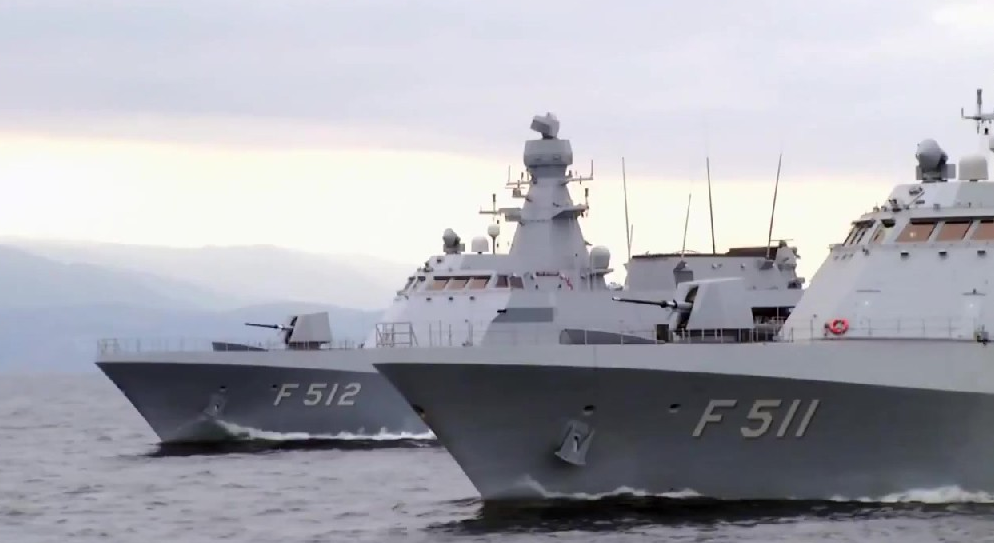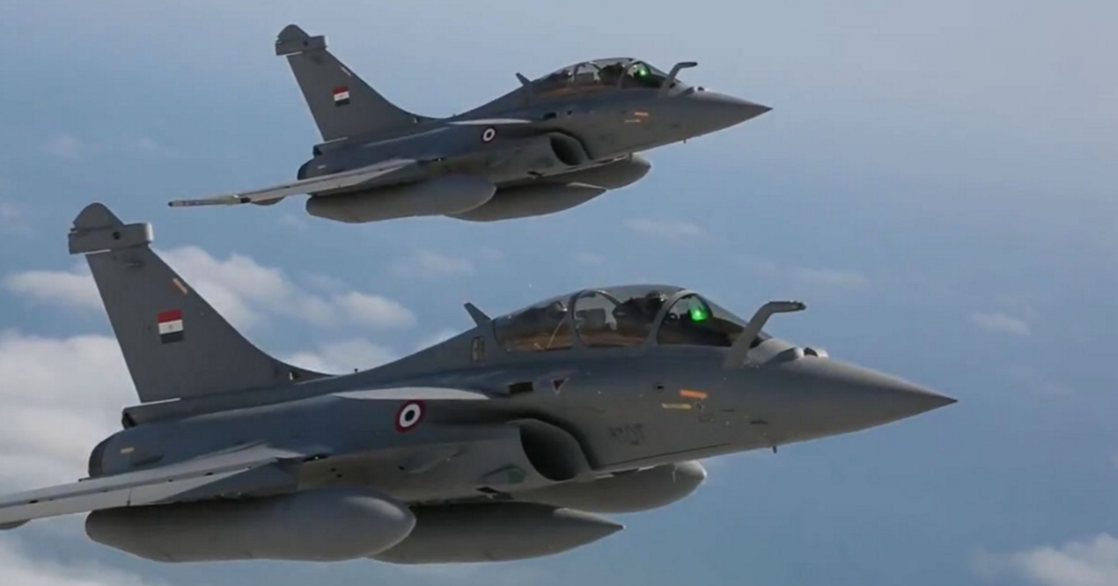2785Views 1Comment

STM Turkey building momentum in global shipbuilding market
The Turkish defence and engineering services vendor STM Savunma Teknolojileri Mühendislik ve Ticaret A.Ş. (or STM for short) is generating valuable momentum as it embarks on its major objective, to penetrate the global naval shipbuilding market.
Last week, STM saw through the successful completion of the Pakistan Navy Fleet Tanker, a 15,600-ton auxiliary vessel used for refuelling and transport that it had developed, but produced in collaboration with Karachi Shipyard and Engineering Works (KSEW) in Pakistan.
STM also won a contract against DCNS to upgrade Pakistan’s Agosta 90B submarines, even though it was DCNS that had originally designed and built the submarines. STM is also working to bring the MILGEM, its flagship program, and the Turkish Navy’s new corvette, to Pakistan as well.
For STM, securing these contracts – especially the submarine upgrade tender – were significant feats. In a statement to Turkish media outlets, STM’s General Manager Davut Yılmaz spoke of STM’s newfound experience in competing with Chinese vendors, especially in Pakistan.
Yilmaz noted that while it was not easy to overcome the Chinese on cost and financing, STM was able to demonstrate – via the Fleet Tanker program – its strengths in terms of offering quality at a relatively competitive price. As a result, STM was able secure the submarine contract over the Chinese as well as DCNS, which reportedly had the backing of the French government.
The company announced that it had just won a major tender in an undisclosed market. STM had competed against American and European vendors, indicating that the sale may have been secured in the Middle East or potentially even Europe. In fact, according to Yilmaz, STM is or has been a shortlisted candidate for the vast majority of its ongoing shipbuilding tenders.
Speaking of the MILGEM, STM’s flagship program, Yilmaz was hopeful of hopeful concluding at least one of two ongoing discussions by the end of this year. It is possible that one of them is Pakistan, which Yilmaz noted earlier as a prospective MILGEM customer.
For the long-term, Yilmaz was optimistic of Turkey’s ability to develop its technology base and source indigenously. He noted, “In the past, German companies used to design vessels and send the necessary materials and we used to build own military vessels in our own shipyards. Now, we are doing the same. This shows the point we have reached in designing, engineering and technology.” (Daily Sabah).
Comment and Analysis
A competitively priced and contemporary product catalogue has put STM on the same plane as larger and more established shipbuilders, but there are still a number of challenges. First, the question of credit and long-term financing. Established shipbuilders such as France’s DCNS and Germany’s TKMS benefit from the ability to offer prospective customers with financing programs, which in turn are repaid in scheduled installments. This mechanism is particularly useful for tenders in developing countries. For example, Egypt is drawing from French financing mechanisms in order to fund its naval acquisitions from DCNS.
The Head of Naval Platforms Development in SSM (Undersecretariat for Defense Industries) Müjdat Uludağ identified financing mechanisms as an essential ingredient for the defence export growth (Defence Turkey). The prospective MILGEM sale to Pakistan seems to rest – at least partly – on Turkey’s ability to offer a loan or line-of-credit (valued at $400 million U.S.).
The issue of financing notwithstanding, STM – and the Turkish defence industry generally – has significant long-term potential. As a higher proportion of a solution’s subsystems and components are produced in-house in Turkey (by Aselsan, Havelsan, Roketsan, etc), STM will not need to worry about securing as many third party export licenses (especially in sensor, electronics and munitions).
Although STM’s principal customer base is currently comprised of Pakistan, the company is on track to securing additional customers. It would seem that the Arab Gulf would be its target market, especially since a number of that region’s powers – e.g. the United Arab Emirates, Qatar, and Saudi Arabia – are in the process of modernizing and expanding their navies.



1 Comment
by Syed
What did ya hear about the scorpean leaks,any advantage from that info